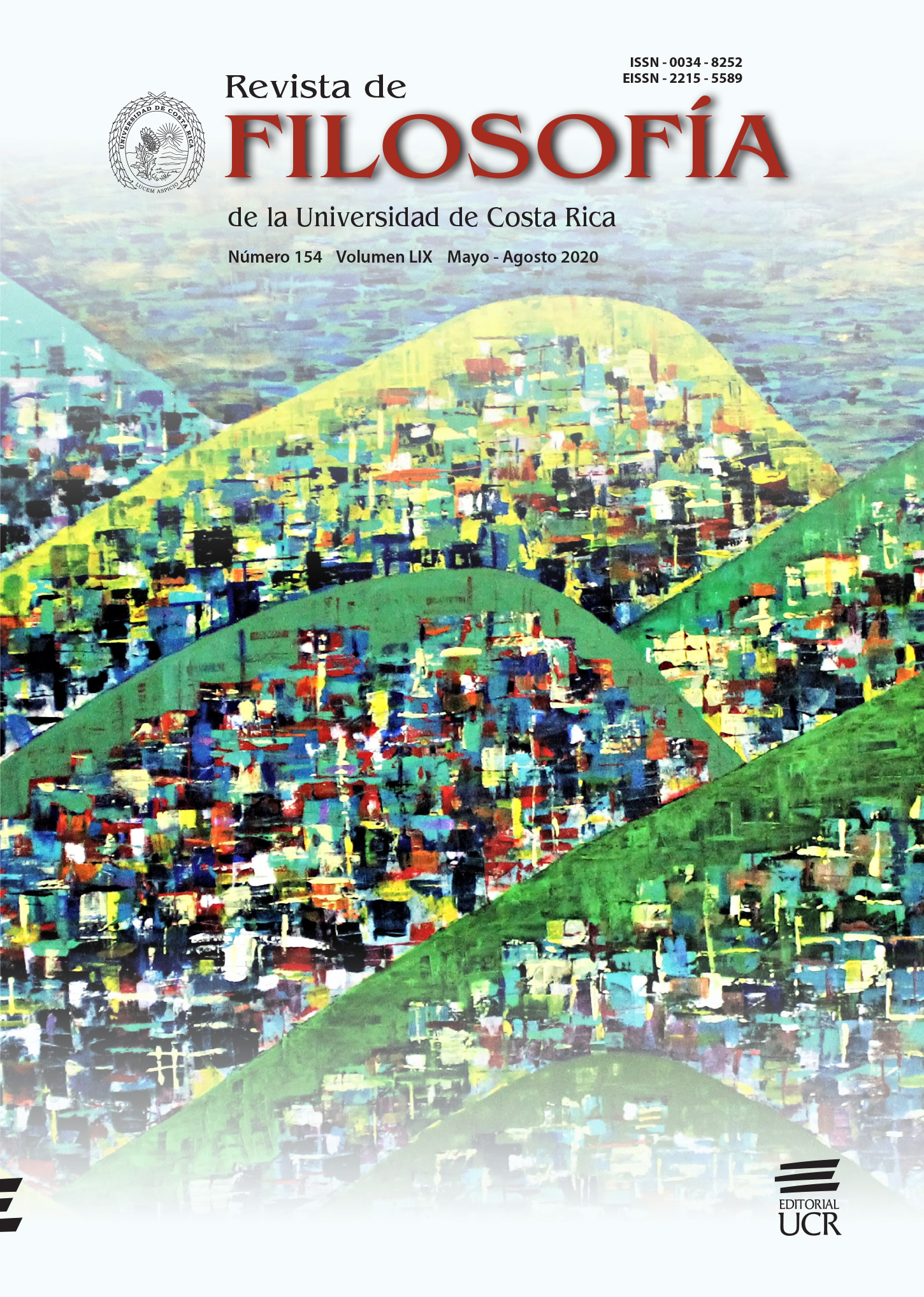Abstract
After a succinct historical review, we examine the theses that have either disdained or defended the aesthetic qualities of the sense of taste. On the other hand, we undertake a phenomenological characterization, relating this sense with the so-called Philosophy of taste of the eighteenth century.
We conclude that although the sense of taste does not possess the complex qualities of other higher senses (sight or hearing), it does have its own entity to recognize a certain aesthetic dimension, deep enough to give its gastronomic scope a possible artistic dimension.
Comments
Downloads
Download data is not yet available.

